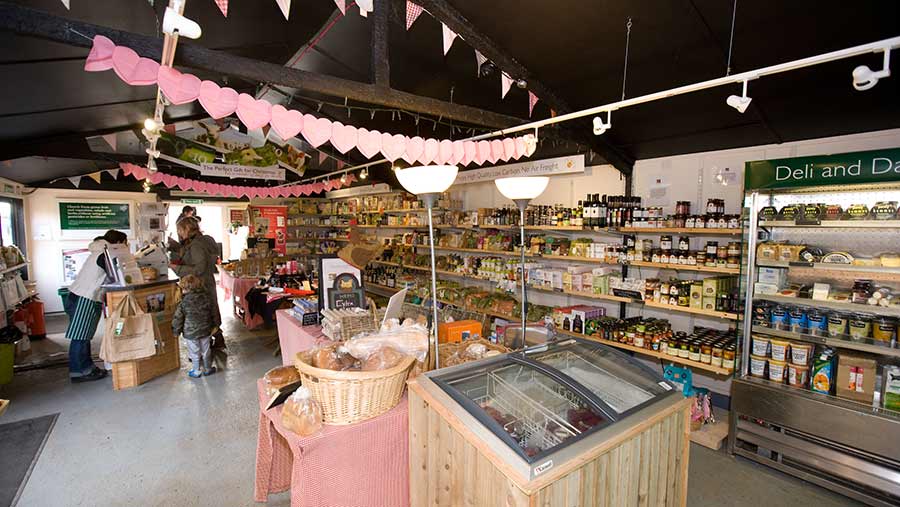Opinion: Don’t delay, invest for a post-Brexit future now
 © Tim Scrivener
© Tim Scrivener Our sector is entering a time of major change, but with little detail about what that change will mean for agriculture and land management in practice. Is now really the right time to consider investing in new projects on our farms?
Despite the lack of clarity, I have little doubt that it is. The farm businesses prepared to recognise that change is in the wind and plan for the future will be the most resilient in the face of the industry restructure that is forecast. They will also be best placed to take advantage of future opportunity.
See also: Reasons to be cheerful about Ag Bill, if you try hard enough
But I do not take lightly the challenge this will present. Bold decisions, new skills and financial investment are needed, with the industry already living on perilously tight margins.
Collaboration
Now is the time for each of us to forensically examine the path our businesses take to improve profitability. In doing so we might choose to explore opportunities to collaborate with our neighbours, or look to improve operational efficiency through new technologies.
We might want to invest in the skills and expertise of our teams, or look to support agricultural income with a diversification, such as a tourism venture or converting redundant farm buildings for a new use, where feasible.
Brexit is dominating the political agenda, but we need to react to longer-term trends too.
Given growing consumer preferences for a healthy diet and sustainable production, we should clearly focus on the changing nutritional demands of our customers, but also their appetite for recreation and leisure activities.
In tandem, anticipating and mitigating the increasing volatility in global agricultural markets is essential.
We need to consider how our businesses will respond to extreme weather or an outbreak of disease, but also provide solutions to the growing issue of climate change and environmental management.
Equally, in recognising society’s wish to enjoy and work in the countryside, provide holiday accommodation, or a rural workplace with storage facilities to match.
Changing attitudes
With pressures on the environment increasing, society’s attitudes changing and HM Treasury constantly needing to juggle public finances, the move away from annual basic payments to one of public goods delivery is inevitable.
Only profitable farms producing the nation’s food and investing in their business future can meet the government’s ambitions. Yet in times of uncertainty keeping one’s powder dry may, understandably, be more appealing than preparing for future change.
This is why government must act to help farm businesses meet the challenge of making those bold decisions.
Politicians must provide an environment for growth by making significant and targeted investment in skills training, technology, R&D and infrastructure, perhaps eased with cheap finance.
Add to that regulatory reform of the supply chain, and farmers can begin to visualise a more resilient, profitable future.
Rural economy
As well as the farming industry, the entire rural economy, our landscapes, environment and communities will be marked by the changes we can expect over the next three or four years and well into the future.
So should we, can we, use our land and assets differently? What are the best ways to support our communities and enhance the natural environment? How can we best invest in the future of our farms, land and businesses?
So I return to the assertion that embracing both the challenges and opportunities ahead is the only real choice.
Uncertainty remains, and the CLA is working to ensure government counters this, but we should all play our part and adapt for the future.
Anyone waiting to understand all the implications of a future Brexit deal without considering the bigger picture, may well find themselves too far behind the curve.
Tim Breitmeyer, is the president, Country Land and Business Association
